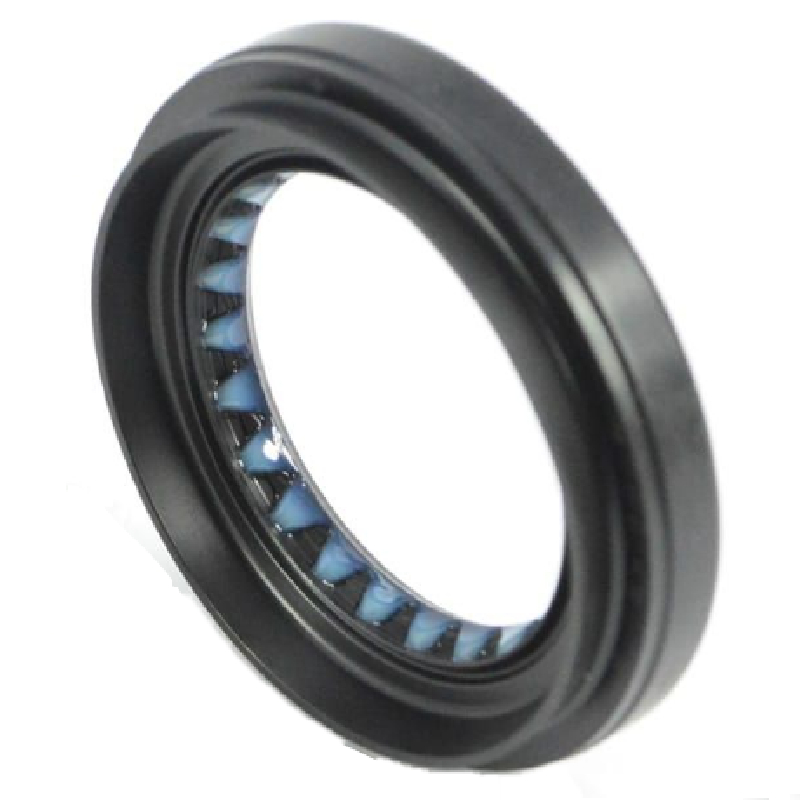Oil Filter Housing Gasket Solutions for Reliable Engine Performance and Leak Prevention
Understanding Gaskets for Oil Filter Housing Importance and Functionality
An oil filter is a crucial component of any vehicle's engine, playing a vital role in maintaining the overall health and performance of the engine. The oil filter housing is where the oil filter is secured and connected to the engine, and it relies heavily on a small yet significant part known as a gasket. This article will explore the purpose, types, and importance of gaskets for oil filter housing.
What is a Gasket?
A gasket is a mechanical seal that fills the space between two or more mating surfaces, preventing leakage of fluids or gases. In the context of an oil filter housing, gaskets are strategically placed to ensure a tight seal around the oil filter. This prevents engine oil from escaping and protects the engine from potential damage caused by oil leaks.
Importance of Gaskets in Oil Filter Housing
1. Leak Prevention The primary function of gaskets in the oil filter housing is to prevent leaks. Engine oil is under significant pressure during operation, and any gaps or imperfections in the seal can lead to oil escaping. This can result in low oil levels, which may cause inadequate lubrication, leading to increased wear and tear on engine components.
2. Ensuring Performance A well-functioning gasket helps maintain the car's performance by ensuring that the oil filter operates efficiently. If the gasket fails and allows oil to leak, it can result in contaminated oil circulating through the engine, negatively affecting performance and longevity.
3. Cost-Effectiveness Maintaining a good condition of gaskets is essential for minimizing repair costs. Replacing a damaged gasket is typically far less expensive than repairing an engine that has been damaged due to inadequate lubrication from oil leaks.
4. Environmental Considerations Oil leaks not only pose a risk to the vehicle's health but also have environmental implications. Oil that leaks onto the ground can contaminate soil and water sources, leading to environmental degradation. A proper gasket installation helps mitigate these risks.
gasket for oil filter housing

Types of Gaskets Used in Oil Filter Housing
Gaskets can be made from various materials, each providing specific benefits. Common materials used for gaskets in oil filter housings include
1. Rubber Often used in many automotive applications, rubber gaskets provide excellent flexibility and create strong seals. They can withstand high temperatures and pressures, making them suitable for use in oil filter housings.
2. Cork Cork gaskets are less common but are sometimes used in older vehicles. They provide a good seal, especially with oil, but can degrade over time, especially in exposure to high heat.
3. Composite Materials Some gaskets are made from a combination of materials to take advantage of the benefits of each. Composite gaskets can provide durability and flexibility and are increasingly popular in modern automotive manufacturing.
4. Metal Metal gaskets, including those made from stainless steel or copper, are often used in high-performance applications. They offer excellent heat resistance and durability, although they may require precise installation to ensure an effective seal.
Conclusion
Gaskets for oil filter housing are an integral part of vehicle maintenance and performance. They protect engines by preventing oil leaks, ensuring efficient operation, and contributing to the longevity of engine components. Understanding the types and functions of these gaskets empowers vehicle owners and mechanics to make informed decisions regarding maintenance and repairs. Regular inspection and timely replacement of gaskets can significantly save costs and prolong the life of an engine, while also safeguarding environmental integrity. Whether you’re a car enthusiast or a casual driver, paying attention to the gaskets in your vehicle can lead to a smoother, more efficient ride.
-
Understanding the Front Main Engine Seal: Purpose, Maintenance, and Installation
News Jul.29,2025
-
Understanding O-Rings and Seal Rings: Types, Applications, and Custom Solutions
News Jul.29,2025
-
Understanding Crankshaft Oil Seals: Rear Seals, Pulley Seals, and Their Role in Engine Integrity
News Jul.29,2025
-
The Importance of Front and Rear Crankshaft Seals in Engine Performance and Oil Management
News Jul.29,2025
-
Crank Oil Seals: Functions, Types, and Cost Considerations in Engine Maintenance
News Jul.29,2025
-
A Comprehensive Guide to O-Rings and Seals: Types, Materials, and Global Applications
News Jul.29,2025
-
Mastering Diesel and Performance Engine Maintenance: A Guide to Critical Oil Gaskets
News Jul.28,2025
Products categories















